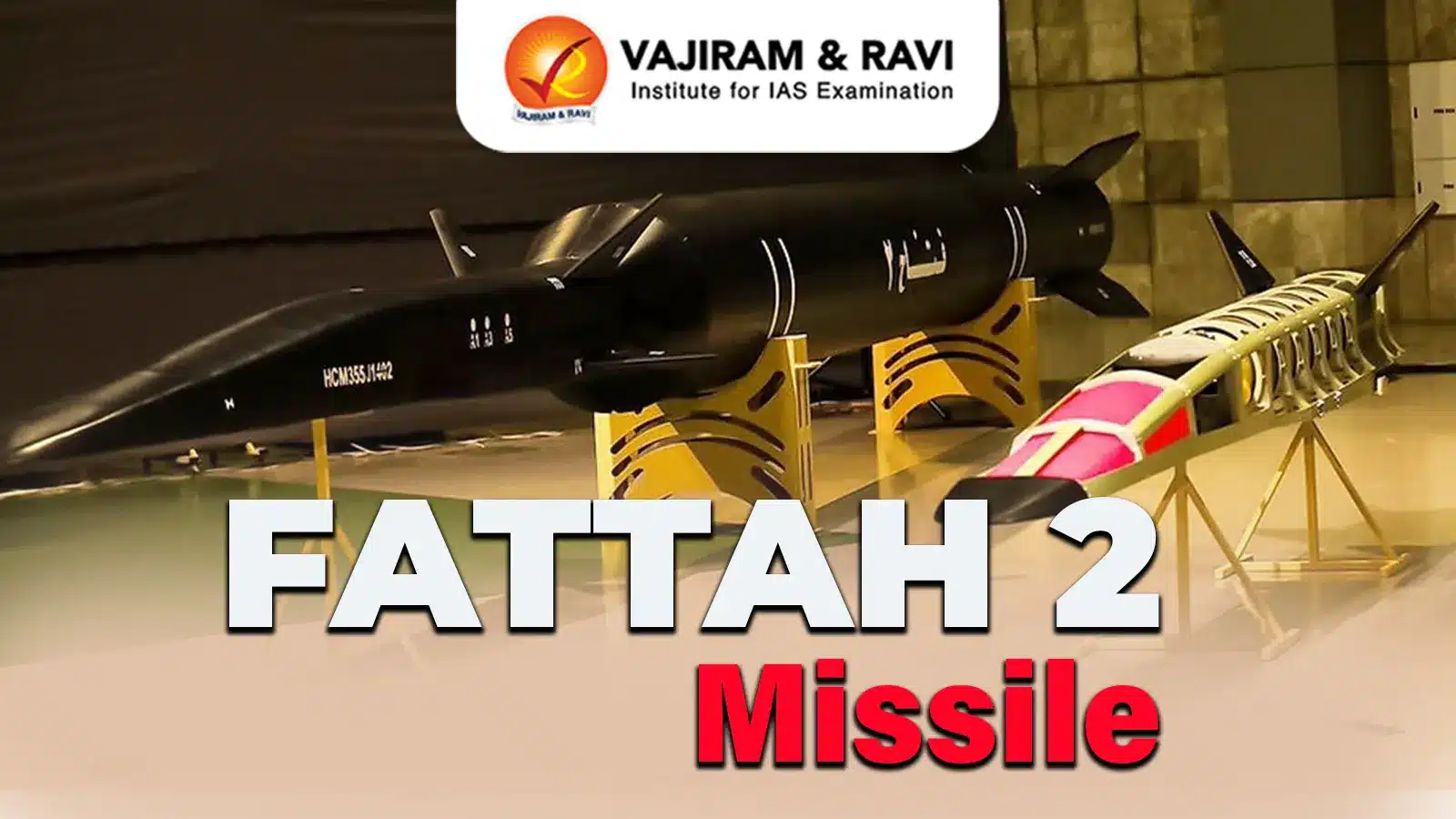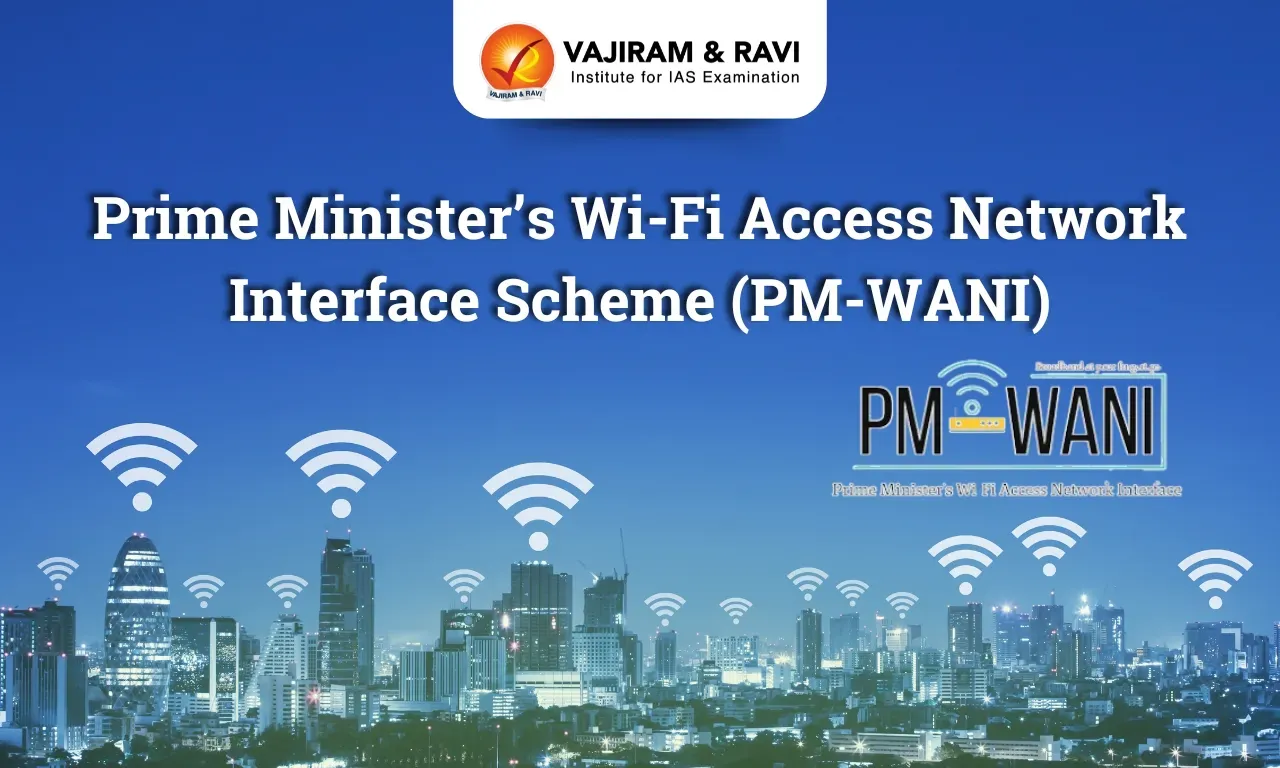About Supplementary Demands for Grants
- Article 115 of the Indian Constitution provides for supplementary, additional, or excess grants.
- Supplementary grants: The President shall cause to be laid before both Houses of Parliament a demand if the amount authorized under Article 114 (Appropriation Bills) is found to be insufficient for the purposes.
- The additional grant required to meet the required expenditures of the government is called Supplementary Grants.
- They are presented to and passed by the House before the end of the financial year.
- They are regulated by the same procedure that is applicable in the case of a regular budget.
- The demand for supplementary grants may be token, technical, or substantive/cash.
- Token refers to a symbolic amount (₹1 lakh or so) to be allocated for any scheme.
- Technical means savings of a Ministry/ Department to be used for a different purpose or for a scheme where more funds are required.
- Substantive/ cash implies fresh allocation beyond what is provided in the budget and is to be met through fresh withdrawal from the Consolidated Fund of India.
Excess Grants
- When actual expenditure incurred exceeds the approved grants of the Parliament, the Ministry of Finance and Ministry of Railways present a Demand for Excess Grant.
- The Comptroller and Auditor General of India (CAG) bring such excesses to the notice of the Parliament.
- The Public Accounts Committee examines these excesses and gives recommendations to the Parliament.
- The Demand for Excess Grants is made after the actual expenditure is incurred and is presented to the Parliament after the end of the financial year in which the expenses were made.
- Additional Grants: When a need has arisen for additional expenditure upon some new service not contemplated in the Budget, the President shall cause to be laid before both Houses of Parliament such demand.
Q1) What is the Consolidated Fund of India (CFI)?
Consolidated Fund of India includes revenue earned from direct taxes like income tax, corporate tax and indirect taxes such as GST, customs and excise duties. Dividends and profits from Public Sector Undertakings, disinvestment receipts, debt repayments and loan recoveries also go to the fund. All expenditure of the government is incurred from the Consolidated Fund, with the exception of a few transactions which are carried out through the Contingency Fund and the Public Account. No amount can be withdrawn from this Fund without authorisation from Parliament.
Source: Supplementary grants may provide more funds for three ‘Fs’, rural job scheme
Last updated on June, 2025
→ UPSC Notification 2025 was released on 22nd January 2025.
→ UPSC Prelims Result 2025 is out now for the CSE held on 25 May 2025.
→ UPSC Prelims Question Paper 2025 and Unofficial Prelims Answer Key 2025 are available now.
→ UPSC Calendar 2026 is released on 15th May, 2025.
→ The UPSC Vacancy 2025 were released 1129, out of which 979 were for UPSC CSE and remaining 150 are for UPSC IFoS.
→ UPSC Mains 2025 will be conducted on 22nd August 2025.
→ UPSC Prelims 2026 will be conducted on 24th May, 2026 & UPSC Mains 2026 will be conducted on 21st August 2026.
→ The UPSC Selection Process is of 3 stages-Prelims, Mains and Interview.
→ UPSC Result 2024 is released with latest UPSC Marksheet 2024. Check Now!
→ UPSC Toppers List 2024 is released now. Shakti Dubey is UPSC AIR 1 2024 Topper.
→ Also check Best IAS Coaching in Delhi
























